Opinion – Developments on Uyghur issue and advice for Indonesian government
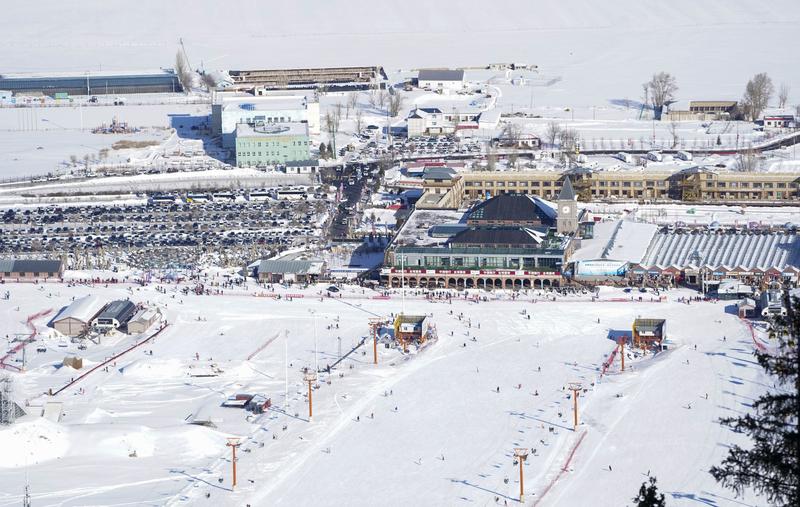
People visited a ski resort on the outskirts of Urumqi, northwestern China's Xinjiang Uighur Autonomous Region, January 25, 2023. (Xinhua/Zhao Ge)
By Aat Surya Safaat
The Xinjiang Autonomous Region, which borders Kyrgyzstan, Tajikistan, Afghanistan and Pakistan, is not a closed area as there are many tourist attractions which are visited by an average of 150 million tourists every year.
Jakarta (Indonesia Window) – For China and the international community, the issue of Uyghur which is predominantly Muslims in the Xinjiang Autonomous Region, is a hot issue.The focus is on the existence of vocational education camps as claimed by the Chinese government, or ‘concentration camps' when referring to the term used by international media and human rights activists.Various regulations imposed by the Chinese government on the Uyghur ethnic group in Xinjiang have also drawn criticism from the international community, especially regarding the prohibition to carry out traditions and beliefs, something that China denies.On January 3-6, 2019, journalists from five world news agencies, namely ANTARA News Agency (Indonesia), Sputnik (Russia), Kazinform (Kazakstan), Associated Press of Pakistan (Pakistan), and Reuters (the UK) were invited to visit Xinjiang.They were facilitated to visit one vocational education camp in Kashgar City and two camps in Hotan City.Previously, the Chinese government invited 12 foreign diplomats to visit the same camps, namely on December 28-30, 2018. Three of them were the Indonesian Ambassador to China, the Thai Ambassador, and the Kuwaiti Ambassador. The visit took place on 28-30 December 2018.The Xinjiang Autonomous Region, which borders Kyrgyzstan, Tajikistan, Afghanistan and Pakistan, is not a closed area as there are many tourist attractions which are is visited by an average of 150 million tourists every year.With a population of 20 million people, and 10 million of them are ethnic Uyghur Muslims, Xinjiang has in the last two terms been led by a governor who was from the Uyghur Muslim ethnicity, and currently the regional governor is Shohrat Zakir.Xinjiang, which is strategically located in the far west of China, which is also an export hub for the interest of the One Belt One Road initiative to Europe with a cargo railway, has made progress in the field of infrastructure development within the last two years.Separatism and inter-ethnic conflict in Xinjiang have occurred since 1992, and most recently in 2015, with victims from the Uyghur ethnicity, including the Imam (leader) of the Kashgar Mosque, the Han ethnicity as the Chinese majority, and police personnel.Therefore, since 2017 the Chinese government has built vocational education camps for ethnic Uyghurs (currently there are 19 camps) in the Xinjiang region.The journalists who were facilitated to visit several camps there could not do investigative reporting because they were only shown three vocational education camps with relatively good and complete facilities.The Chinese government provided several conditions for foreign journalists who wished to visit vocational education camps in Xinjiang.These conditions were that there had to be special permissions from the Chinese embassies in the countries concerned, the camps visited were directed by the Chinese government, they could ask anything but they had to have good intentions and be objective, and based on the realities in the fields.There are inputs for the Indonesian Ministry of Foreign Affairs.The Chinese government emphasized that in relation to the issue of Uyghur Muslims, the international community must not interfere in China's internal affairs and national unity.This issue has become an international concern, including for Indonesia, which is predominantly Muslim.Indonesia needs to ask China to be more open on the Uyghur issue, but this must be conveyed very carefully because this issue could be linked to the issue of Papua that wants independence.Otherwise, China could bring the Papua issue to an international forum, while China is a permanent member of the UN Security Council.Indonesia needs to push the Chinese government so that the vocational education camps can be visited by diplomats from foreign countries, especially from Islamic countries.The Chinese government needs to give time and prepare places for vocational education participants in all camps to carry out their worship and beliefs.The Indonesian government needs to encourage the Chinese government to facilitate more Indonesian journalists to visit the Xinjiang Autonomous Region, especially the vocational education camps there, because the press can carry out second track diplomacy.The Indonesian government needs to encourage the Chinese government to facilitate Islamic mass organizations such as Muhammadiyah, Nahdlatul Ulama (NU), and Mathla'ul Anwar to visit Xinjiang, especially to vocational education camps in order to increase comprehension and mutual understanding between the two nations/countries.Author: a senior journalistReporting by Indonesia WindowBagikan
Komentar
Berita Terkait
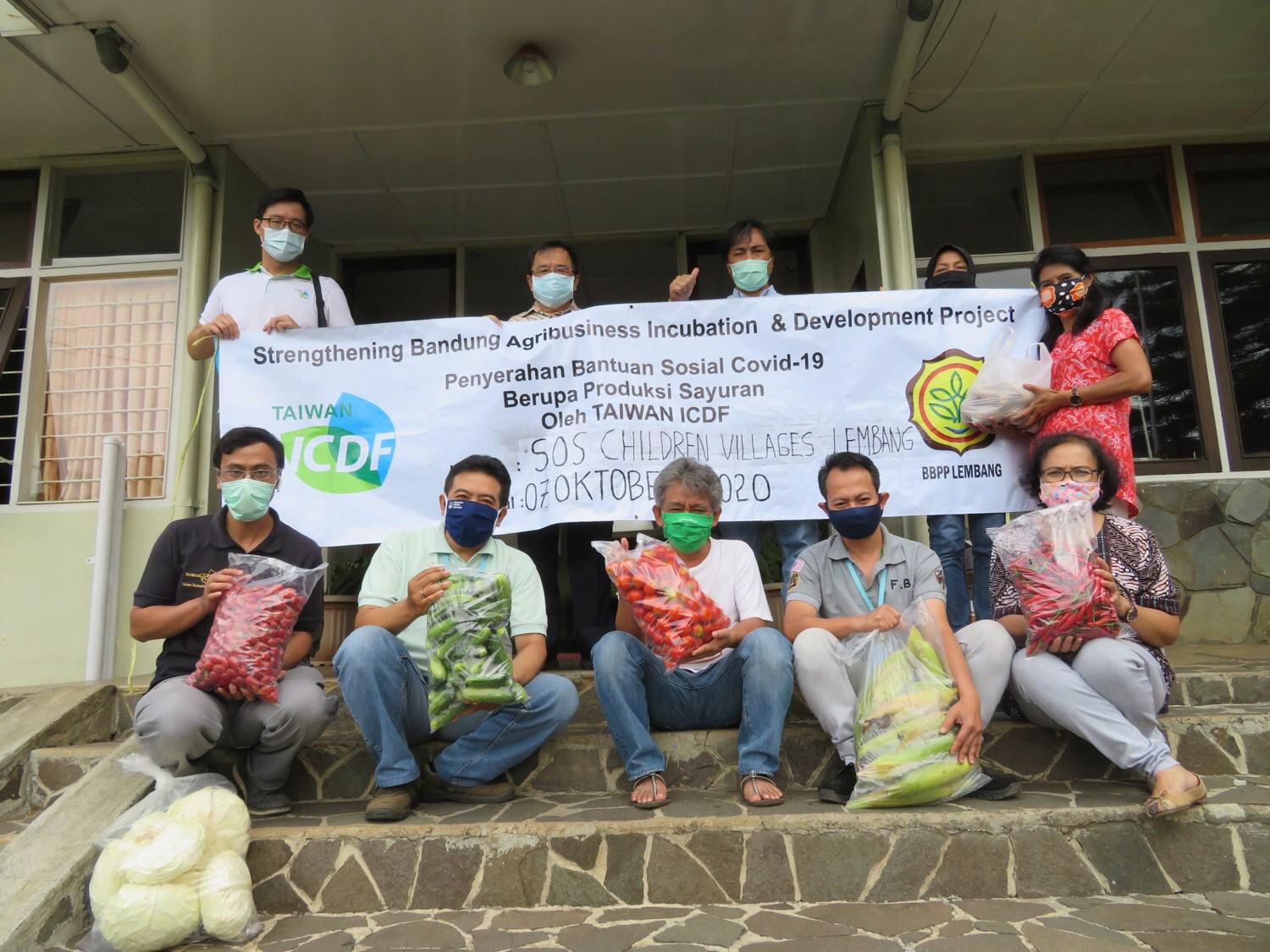
Taiwan Technical Mission helps Indonesians amid pandemic
Indonesia
•
18 Jan 2021
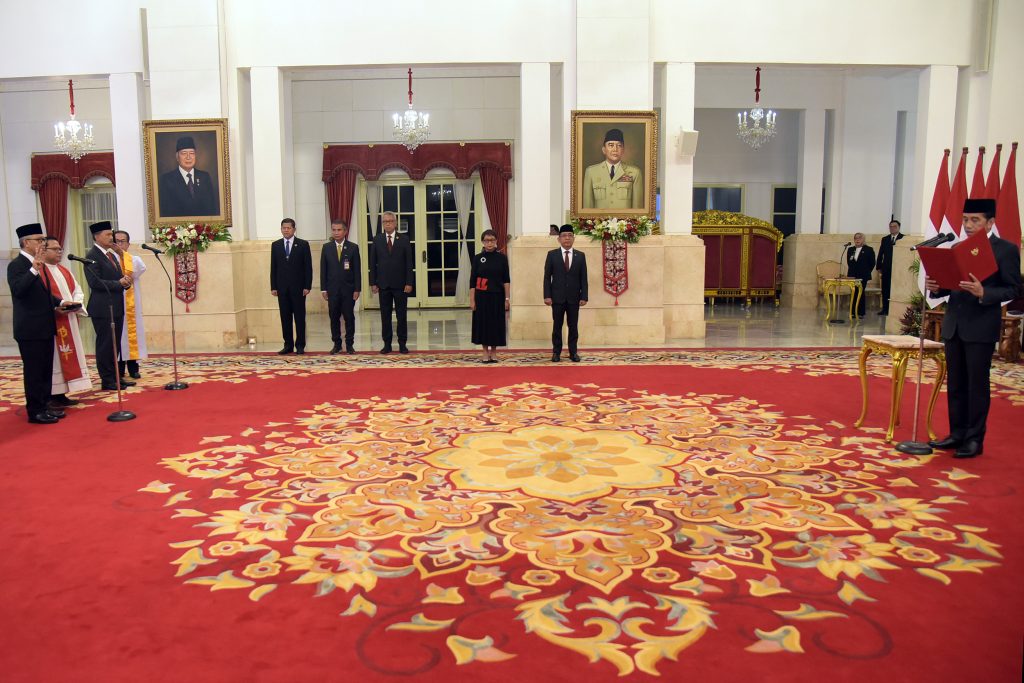
Indonesian president appoints 12 ambassadors to fellow countries
Indonesia
•
26 Jun 2023
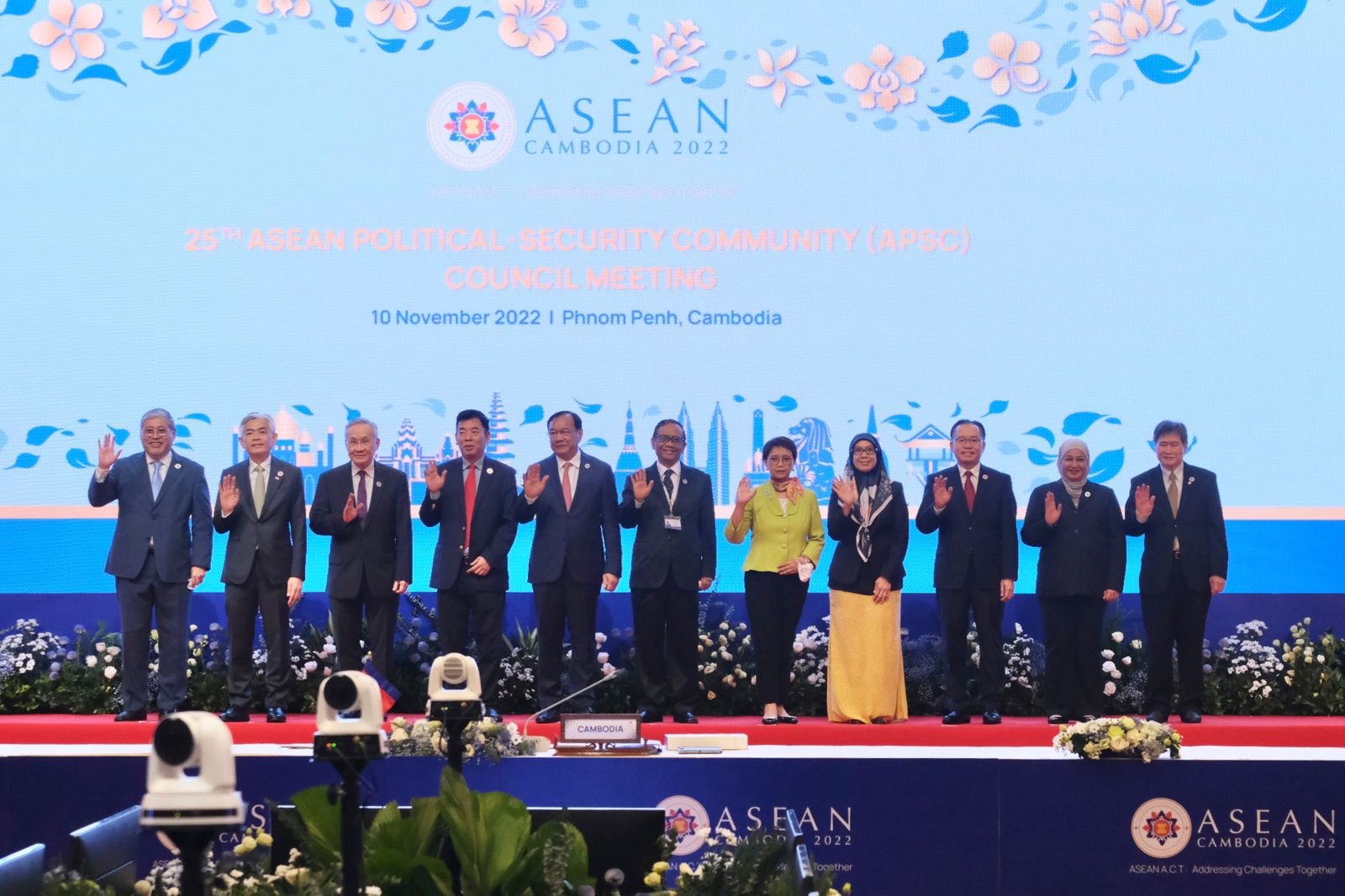
Indonesia pushes for establishment of ASEAN Maritime Outlook
Indonesia
•
10 Nov 2022
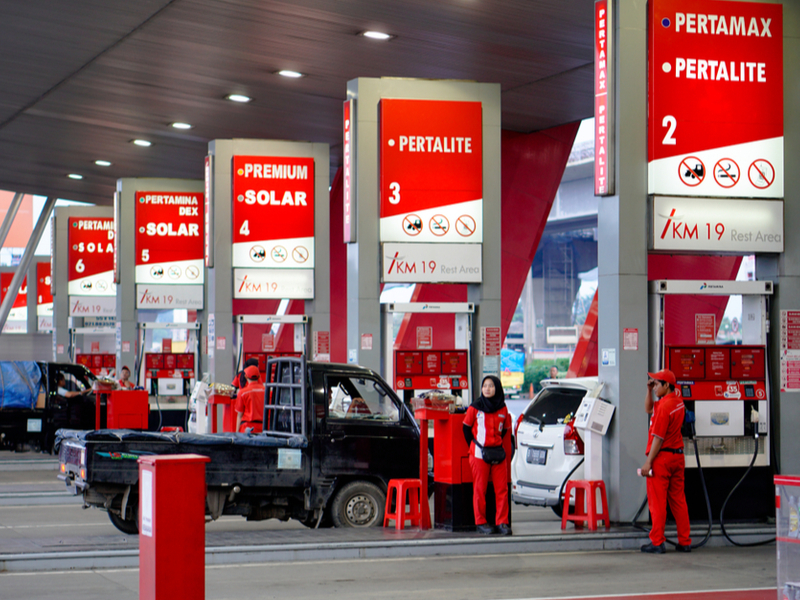
Indonesia’s inflation in October lower than initial estimate
Indonesia
•
01 Nov 2022
Berita Terbaru
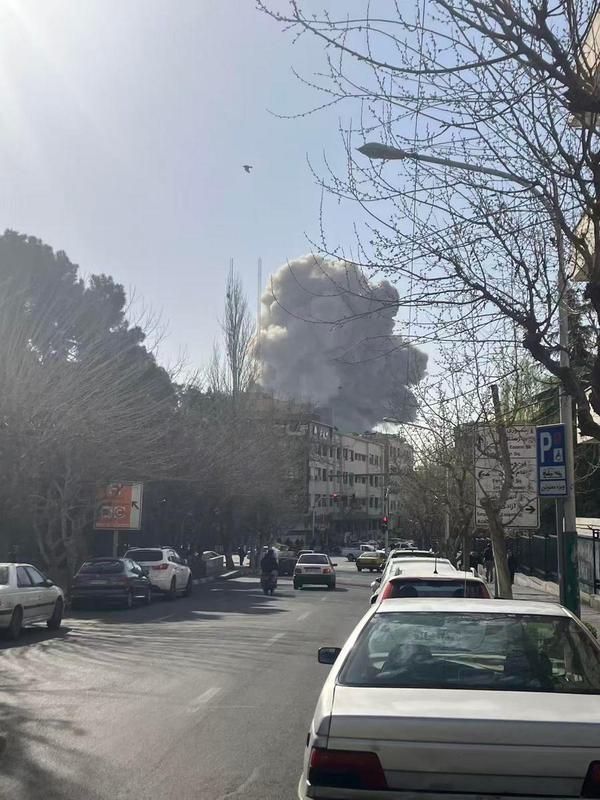
Interview – Prof. Hikmahanto: US, Israel war on Iran to overthrow government
Indonesia
•
02 Mar 2026
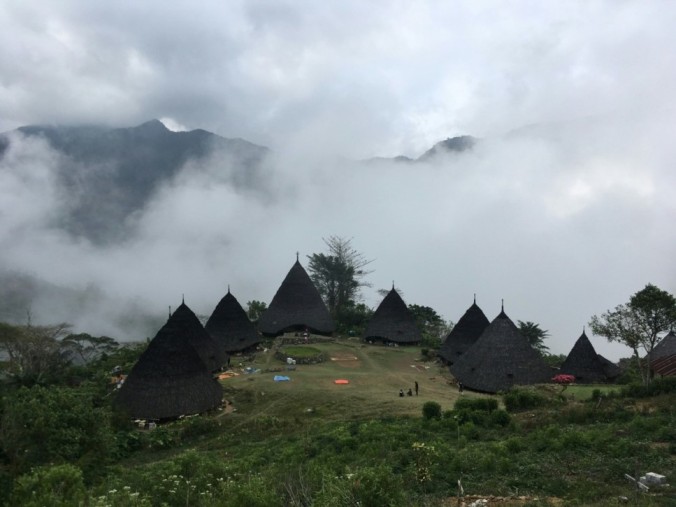
Halal products accepted by non-Muslims in Indonesia’s E Nusa Tenggara, proof of inclusive Islam
Indonesia
•
02 Mar 2026
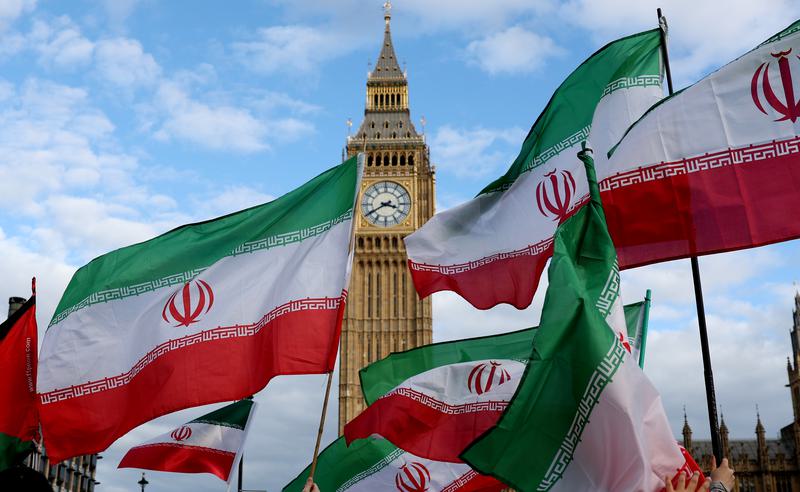
Iran expects Indonesia to mediate conflict after US, Israeli deadly attack
Indonesia
•
01 Mar 2026
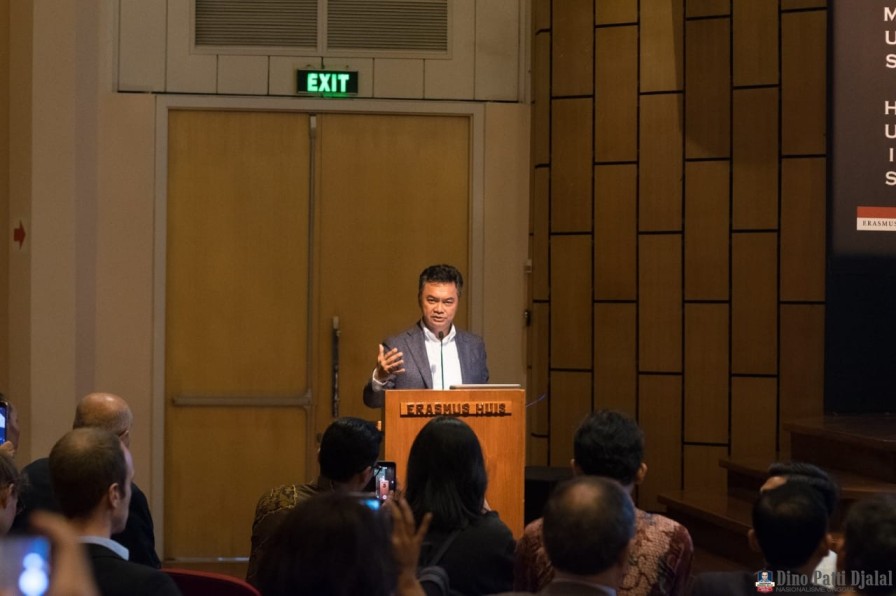
Opinion – Dino Patti Djalal: Iran won’t remain silent about US and Israeli attacks
Indonesia
•
01 Mar 2026
